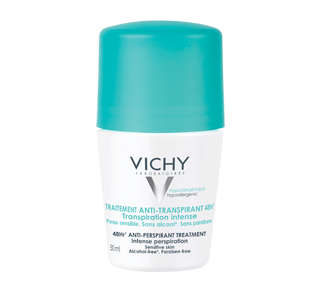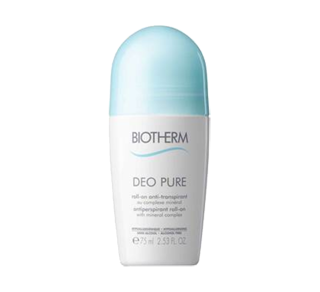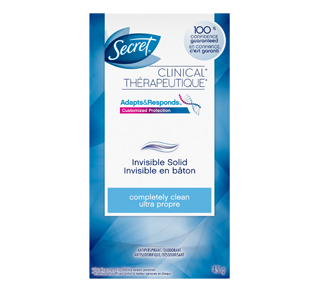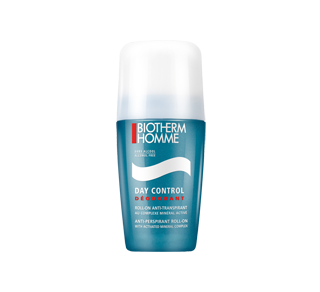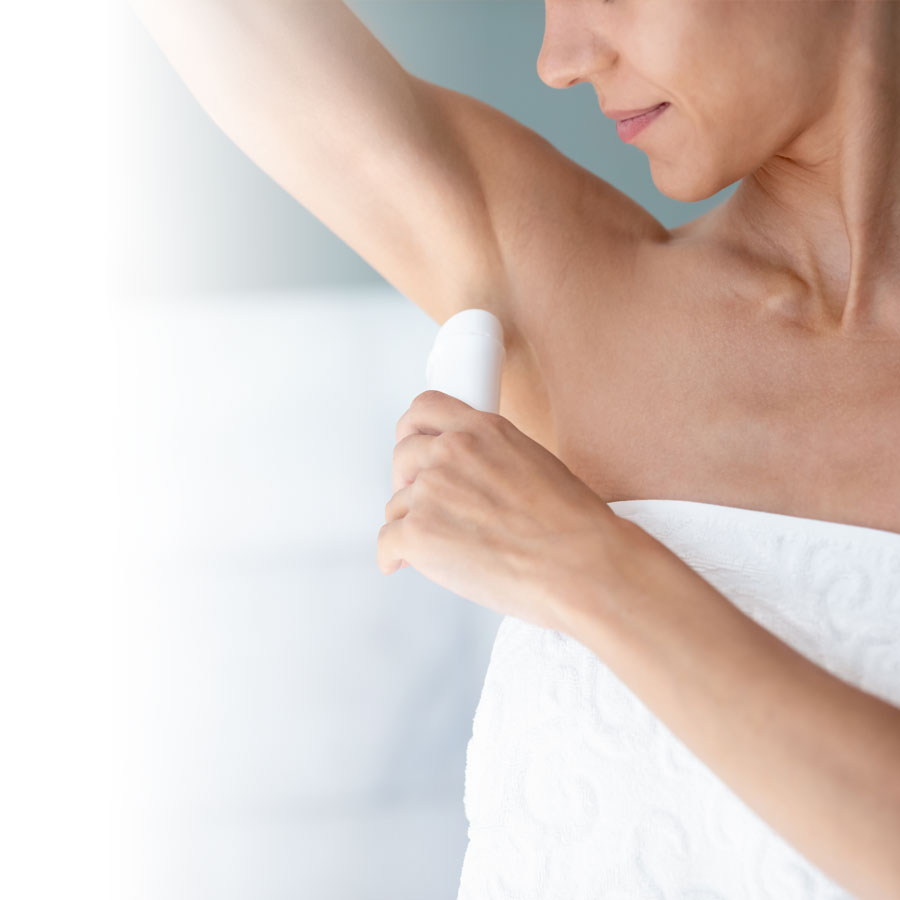It’s never fun to sweat a lot. Learning more about the subject can help you minimize the unpleasant effects of sweating so you can stay dry. We examine the topic!
Antiperspirants should be used in the morning.
False. On the contrary. Antiperspirants are more efficient when used at night, right before going to bed. Because you don’t produce a lot of sweat at night, the active ingredients in the antiperspirant will have time to penetrate into your pores and will be more efficient at keeping you from sweating.
Sweat stinks!
False. Contrary to popular belief, sweat secreted by sweat glands is initially odourless. The smell occurs when the sweat remains on the skin. Why? Because other than water and minerals, sweat contains protein, lipids and other components that nourish bacteria present on the skin. Bad smells are the result of bacteria feeding on sweat!
Stress sweat smells worse than regular sweat.
True. Sweat caused by strong emotional responses (anxiety, stress, etc.) is more abundant and can cause a more pungent, acid-like smell. This is because in addition to containing water, sodium, chlorine and urea, sweat caused by stress is rich in amino acids, which is responsible for stronger smells.

Antiperspirants stops you from sweating.
True. Antiperspirants contain aluminum salts which clog the pores of the skin to limit the quantity of sweat produced. They may also contain ingredients such as alcohol and perfume which respectively neutralize bacteria and cover up smells.
The hairier you are, the stronger your body odour.
True. The reason is simple: hair retains odours and provides an ideal environment for bacteria to proliferate. So the more hair you have, the stronger the smell.
The more you wash, the more you will smell.
False. As a general rule, when you wash you reduce the number of bacteria on your skin, which will decrease the bad smells you emit. One exception to the rule: if you excessively wash your private parts, you might cause an imbalance in your vaginal flora, which is necessary to ward off infections.
Sweating a lot means you’re not in shape.
False. The quantity of sweat you produce has nothing to do with your physical condition. Sweating is a physiological phenomenon that is completely natural. It helps regulate the temperature of your body, eliminate excess heat and protect you from hyperthermia.
Every human has millions of sweat glands on the surface of their body. In general, sweating means you’ve physically exerted yourself. However, some people sweat more than others simply because they have more sweat glands.


